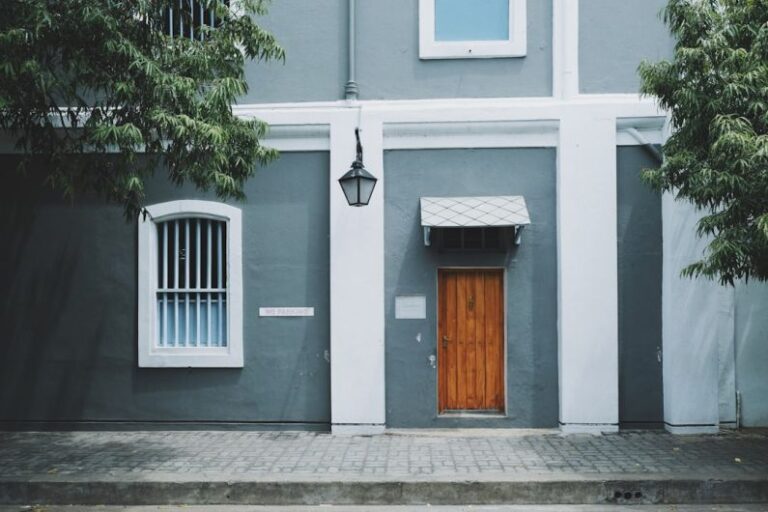
When it comes to real estate investing, one strategy that has piqued the interest of many individuals is flipping foreclosed homes for profit. The concept of purchasing a distressed property at a discounted price, renovating it, and selling it for a higher value can be an enticing prospect for those looking to make a quick return on their investment. But is flipping foreclosed homes a viable option for making money in the real estate market? Let’s delve into the intricacies of this strategy and explore whether it is a profitable venture worth pursuing.
Understanding Foreclosed Homes
Foreclosed homes are properties that have been repossessed by a lender due to the homeowner’s inability to keep up with mortgage payments. These properties are typically sold at auction or through a real estate agent at a discounted price, as lenders are motivated to recoup their losses quickly. Foreclosed homes are often in need of repairs and renovations, as they may have been neglected by the previous owners during the foreclosure process.
Pros of Flipping Foreclosed Homes
One of the main advantages of flipping foreclosed homes is the potential for high returns on investment. By purchasing a distressed property at a lower price, investors have the opportunity to add value through renovations and improvements, ultimately increasing the property’s resale value. In a hot real estate market, flipping foreclosed homes can be a lucrative venture, allowing investors to capitalize on the demand for renovated properties.
Additionally, flipping foreclosed homes can be a creative outlet for those with a passion for design and renovation. The process of transforming a run-down property into a desirable living space can be rewarding both financially and personally. For individuals with a knack for spotting potential in properties and a willingness to put in the work, flipping foreclosed homes can be a fulfilling and profitable endeavor.
Challenges of Flipping Foreclosed Homes
While flipping foreclosed homes has its advantages, it also comes with its fair share of challenges. One of the major risks associated with this strategy is the potential for unforeseen costs and complications during the renovation process. From structural issues to permit delays, flipping foreclosed homes can be a complex and time-consuming endeavor that requires careful planning and execution.
Another challenge of flipping foreclosed homes is the competitive nature of the real estate market. In popular areas where foreclosures are common, investors may find themselves in bidding wars or facing stiff competition from other flippers. Additionally, fluctuations in the housing market can impact the resale value of renovated properties, making it essential for investors to stay informed about market trends and pricing strategies.
Tips for Success
To increase your chances of success when flipping foreclosed homes, consider the following tips:
– Conduct thorough research on the local real estate market and identify areas with high potential for appreciation.
– Work with experienced real estate agents and contractors who can provide valuable insights and guidance throughout the flipping process.
– Create a detailed budget and timeline for the renovation project to avoid overspending and delays.
– Stay flexible and adaptable in your approach, as unexpected challenges may arise during the renovation process.
– Market the property effectively to attract potential buyers and maximize your resale value.
Conclusion: Is Flipping Foreclosed Homes Worth It?
Flipping foreclosed homes can be a profitable venture for investors who are willing to put in the time, effort, and resources required to successfully renovate and sell a distressed property. While there are risks and challenges associated with this strategy, the potential for high returns and the opportunity to showcase your creativity and vision make flipping foreclosed homes a viable option for making money in the real estate market. By carefully evaluating the pros and cons, conducting thorough research, and seeking guidance from industry professionals, aspiring flippers can increase their chances of success and turn a profit from flipping foreclosed homes.





